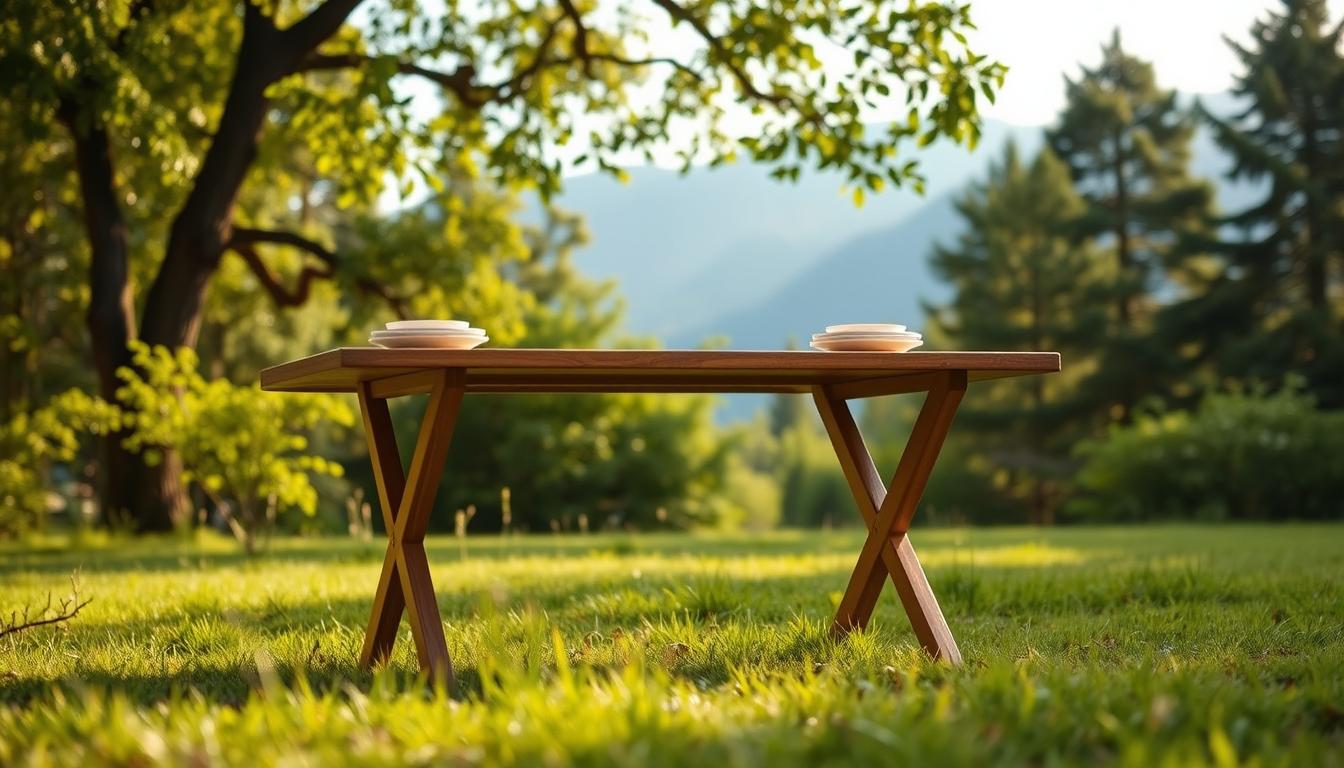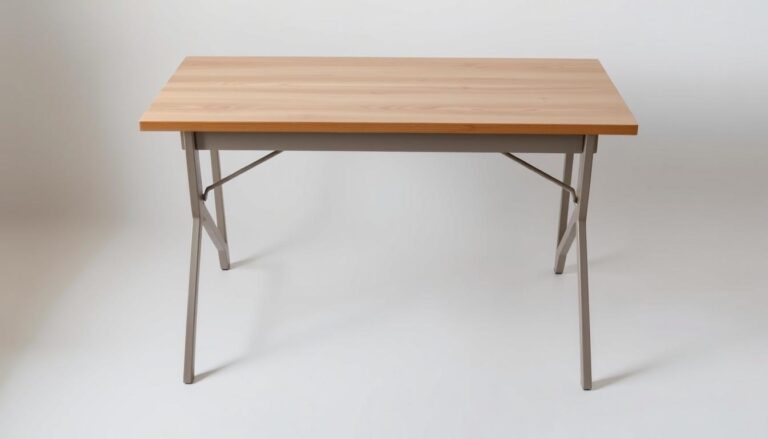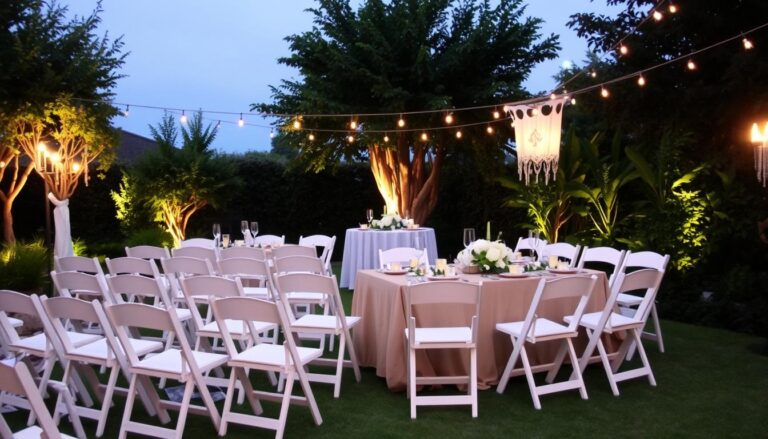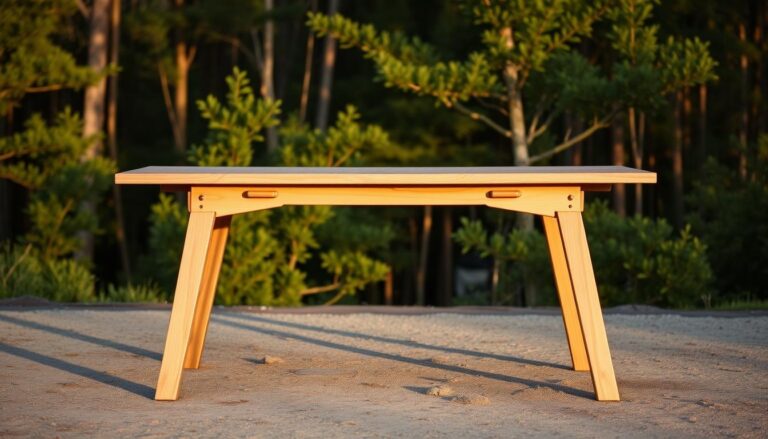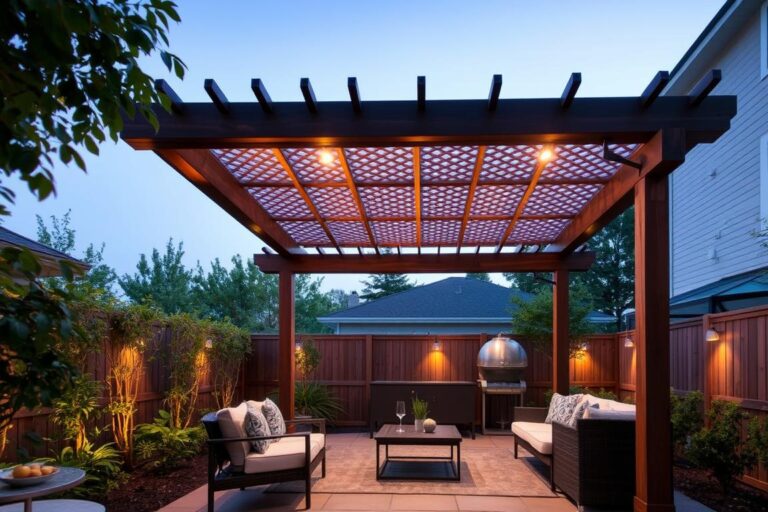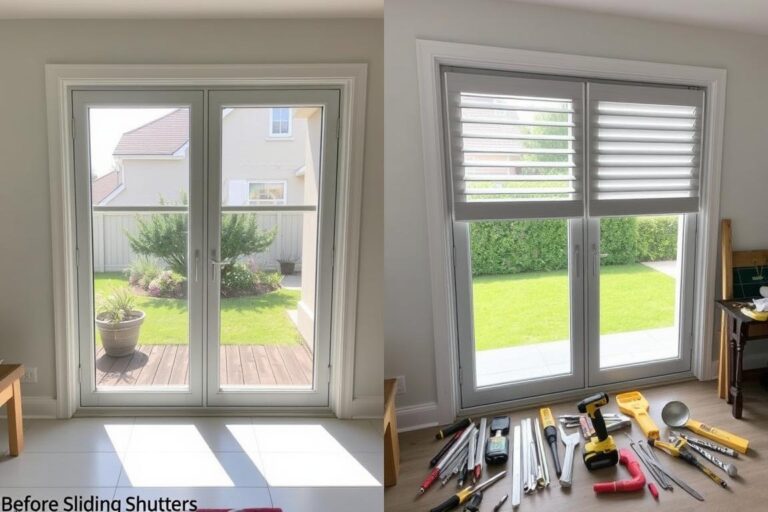Choosing the Right Folding Table Size for Outdoor Activities
Are you tired of inconveniently sized outdoor furniture ruining your camping trips or backyard gatherings? Choosing the right outdoor folding table size can make all the difference.
When it comes to outdoor activities, having the right equipment is crucial. A folding table that is too large can be cumbersome to transport and set up, while one that is too small may not provide enough space for your needs.
The size of your folding table can significantly impact your outdoor experience. Whether you’re planning a picnic, a camping trip, or a backyard barbecue, having a table that is the right size can enhance your overall enjoyment.
Key Takeaways
- Consider the number of people you plan to accommodate.
- Think about the type of activities you will be doing.
- Assess the space available for the table.
- Portability and storage are key factors.
- The material and durability of the table are also important.
Why Folding Table Size Matters for Outdoor Activities
The dimensions of a folding table play a crucial role in determining the comfort and functionality of your outdoor space. Whether you’re hosting a backyard BBQ, going camping, or attending an outdoor market, the right folding table size can make a significant difference.
The Impact of Table Size on Comfort and Functionality
A folding table that is too small may not provide enough surface area for your needs, leading to clutter and discomfort. On the other hand, a table that is too large can be cumbersome and difficult to manage in smaller outdoor spaces. The ideal folding table dimensions should strike a balance between comfort and functionality, allowing you to accommodate your guests and activities with ease.
For instance, a compact portable folding table is perfect for small gatherings or camping trips, while a larger table is more suitable for bigger events or family reunions. Consider the number of people you plan to host and the type of activities you’ll be doing to determine the ideal table size.
Space Considerations for Different Outdoor Settings
Different outdoor settings require different folding table sizes. For example, a lightweight foldable table is ideal for beach trips or picnics, where space is limited and portability is key. In contrast, a larger, more sturdy table may be needed for backyard gatherings or outdoor events.
When choosing a folding table, consider the available space in your outdoor area and the layout of your furniture and activities. You should also think about the terrain and surface on which the table will be placed, as this can impact the stability and functionality of the table.
| Outdoor Setting | Ideal Table Size | Key Considerations |
|---|---|---|
| Backyard Gatherings | Large (72″ x 30″) | Durability, stability |
| Camping Trips | Compact (24″ x 18″) | Portability, lightweight |
| Beach Trips | Medium (48″ x 24″) | Weather resistance, ease of setup |
Transportation and Storage Challenges
The size and weight of a folding table can significantly impact its transportability and storage. A lightweight foldable table is easier to carry and store, making it ideal for outdoor enthusiasts who need to transport their gear.
When selecting a folding table, consider the transportation and storage challenges you may face. Look for tables with compact designs and lightweight materials that can be easily folded and stored in your vehicle or storage area.
Understanding Folding Table Size Standards and Measurements
To choose the right folding table, you need to understand the standard measurements available in the market. Folding tables are designed to be versatile and convenient, but their usefulness is heavily dependent on their size. Whether you’re planning a backyard BBQ, a camping trip, or an outdoor market stall, knowing the standard sizes can help you make an informed decision.
How to Measure a Folding Table Properly
Measuring a folding table involves more than just noting its length and width. You also need to consider its height and the space it occupies when folded. To measure a folding table properly, start by noting its length, width, and height when it’s fully open. The standard way to measure is from edge to edge for length and width, and from the floor to the top surface for height.
When folded, measure the table’s compactness by noting its length, width, and height in the folded state. This is crucial for understanding how easily it can be stored or transported. For instance, a table that folds into a compact size is ideal for camping trips or storage in small spaces.
Common Dimensions of Rectangular Folding Tables
Rectangular folding tables are among the most commonly used due to their versatility. The standard dimensions for these tables can vary, but common sizes include 2×4 feet, 2×6 feet, and 2×8 feet. The height typically ranges between 28 to 30 inches, which is suitable for most adults.
| Length (feet) | Width (feet) | Height (inches) | Common Use |
|---|---|---|---|
| 4 | 2 | 29 | Backyard gatherings |
| 6 | 2 | 29 | Camping, outdoor events |
| 8 | 2 | 29 | Large outdoor events, markets |
Round and Square Folding Table Options
Round and square folding tables offer alternative shapes that can be more suitable for certain events or spaces. Round tables typically come in diameters of 30, 36, or 48 inches, while square tables often match the dimensions of their rectangular counterparts but without the elongation.
These shapes are particularly useful for creating a more intimate setting or for events where guests will be seated around the table. For example, a round table can facilitate conversation among guests, as everyone is equidistant from each other.
Height Variations and Their Practical Applications
Folding tables don’t just vary in length and width; their height can also differ based on their intended use. Standard height tables are around 29 inches, suitable for most dining and working purposes. However, counter-height tables, which are taller (around 36 inches), are ideal for standing or for use with high chairs.
Understanding these height variations can help you choose a table that fits your specific needs, whether it’s for dining, working, or displaying items. For instance, a counter-height table can be perfect for an outdoor bar or buffet.
Popular Folding Table Sizes for Different Outdoor Settings
From backyard gatherings to camping trips, the right folding table size enhances your outdoor experience. Whether you’re hosting a barbecue, heading out on a camping adventure, or setting up at a local market, having the correct size folding table can make a significant difference in convenience and functionality.
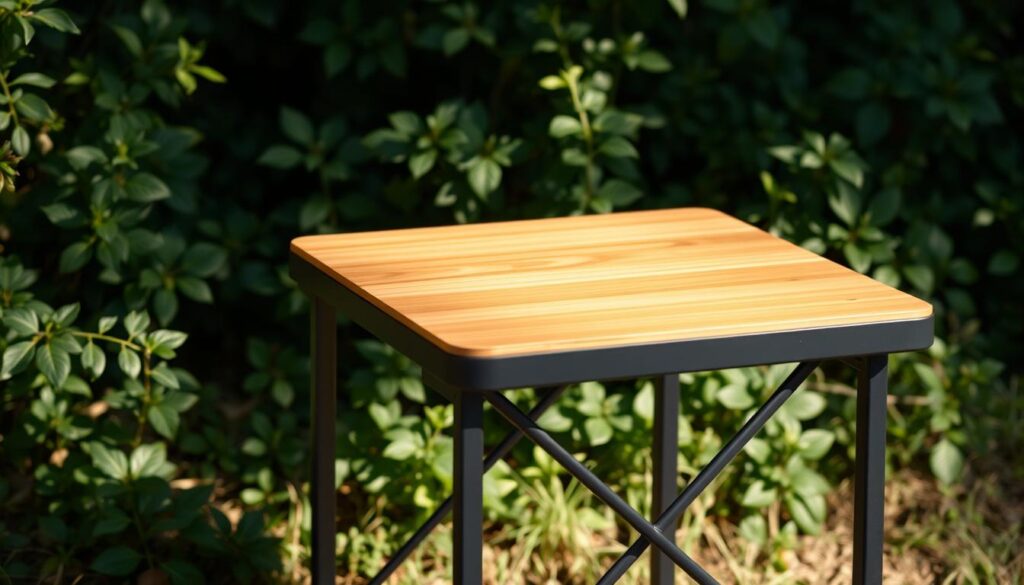
Backyard Gatherings and BBQs
For backyard gatherings and BBQs, a compact folding table can be a lifesaver. These events often require ample surface space for food, drinks, and socializing. A rectangular table with dimensions around 60 inches by 30 inches is typically ideal, providing enough room for serving dishes and seating.
Consider an adjustable folding table if you have varying needs, as it can be adapted to different heights for comfort and convenience.
Camping and Hiking Tables
Camping and hiking require lightweight and portable equipment. For these activities, a multipurpose folding table that is both compact and durable is essential. Look for tables with dimensions around 24 inches by 24 inches or smaller, which are easier to transport and set up.
These smaller tables are perfect for preparing meals or holding gear, and their compact size doesn’t compromise on functionality.
Beach and Picnic-Friendly Options
Beach trips and picnics call for tables that are not only compact but also resistant to the elements. A compact folding table with a waterproof surface is ideal for these settings. Tables with dimensions around 30 inches by 20 inches are great for holding food, drinks, and other picnic essentials.
Their compact size makes them easy to carry and set up, ensuring a comfortable and enjoyable outdoor dining experience.
Looking for more creative uses in tight spaces? Check out our ideas in the small folding table guide. For full specs and comparisons across table types, explore our top folding table dimensions article.
Tables for Outdoor Markets and Events
For outdoor markets and events, a more substantial multipurpose folding table is often necessary. These events require tables that can display a variety of goods or serve as information booths. Rectangular tables with dimensions around 72 inches by 36 inches or larger are commonly used, providing ample space for displays.
An adjustable folding table can be particularly useful in these settings, allowing vendors to customize the height according to their needs, whether it’s for displaying products or operating a cash register.
Choosing the Right Folding Table Size Based on Activities
The size of your folding table can significantly impact your outdoor activities, whether you’re dining, playing games, or working. When planning your outdoor event or adventure, it’s crucial to consider the type of activities you’ll be using the table for.
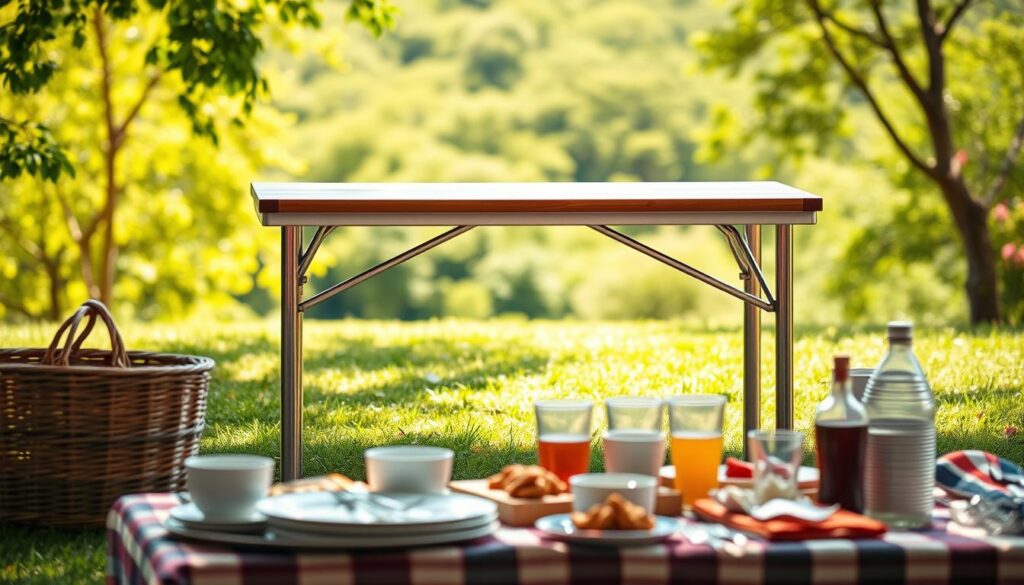
Dining and Entertainment
For dining and entertainment purposes, you’ll want a folding table size that comfortably accommodates your guests. Consider the number of people you’ll be serving and the type of meal you’ll be serving.
Seating Capacity Guidelines
To determine the ideal table size, follow these seating capacity guidelines:
- For 4-6 people, a 42-48 inch long table is suitable.
- For 6-8 people, a 60-72 inch long table is recommended.
- For larger gatherings, consider a table that’s 8 feet or longer.
Food Service Considerations
When it comes to serving food, you’ll want to ensure your table has enough space for dishes, utensils, and glasses. A wider table can provide more surface area, making it easier to serve and enjoy meals.
Game and Activity Tables
If you’re using your folding table for games or activities, the size will depend on the specific use. For example, a space-saving folding table can be ideal for small outdoor spaces or for activities that don’t require a lot of surface area.
Some popular options for game and activity tables include:
- Card tables (typically 30-40 inches square)
- Board game tables (often 40-60 inches long)
- Craft or project tables (can be larger, up to 6 feet or more)
Workspace and Utility Tables
For workspace or utility purposes, you’ll want a table that’s sturdy and has enough surface area for your needs. Consider a multipurpose folding table that can adapt to different tasks.
Some factors to consider when choosing a workspace or utility table include:
- The type of work or activity you’ll be doing
- The amount of space you have available
- The need for storage or additional features (e.g., cup holders, tool holders)
Multi-Purpose Considerations
When choosing a folding table, it’s essential to consider its potential multi-purpose uses. A versatile table can be used for various activities, from dining to working or crafting.
Some benefits of a multi-purpose folding table include:
- Space savings: A single table can serve multiple purposes, reducing clutter and saving storage space.
- Convenience: Having one table that can be used for different activities can be very convenient.
- Cost-effective: Instead of buying multiple tables for different uses, you can invest in a single, versatile table.
Adjustable Height Tables for Versatility
An adjustable height folding table can add an extra layer of versatility to your outdoor setup. These tables can be adjusted to different heights, making them suitable for a variety of activities, from dining to working or crafting.
Some benefits of adjustable height tables include:
- Ergonomic comfort: Adjusting the table to a comfortable height can reduce strain and improve posture.
- Flexibility: Being able to adjust the height can make the table more adaptable to different uses.
How to Assess Your Space Requirements
To ensure your folding table fits perfectly, you need to assess your outdoor space requirements. This involves more than just measuring the area where you plan to place the table. You must consider the layout, the movement around the table, and the overall terrain of your outdoor space.
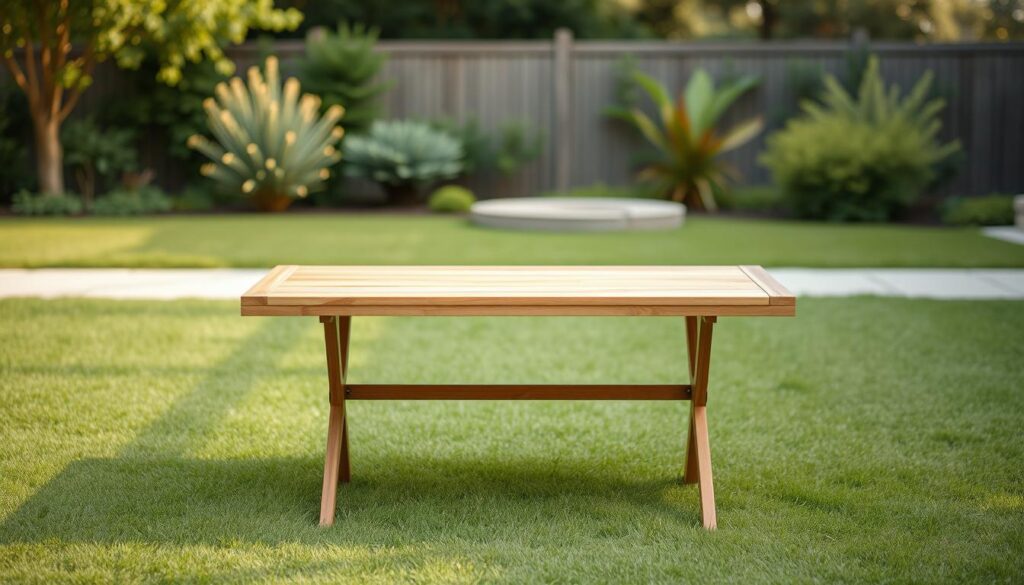
Measuring Your Available Outdoor Area
The first step in assessing your space is to measure your available outdoor area. Use a tape measure to determine the length and width of the space where you plan to set up your folding table. Consider any obstacles, such as trees, slopes, or existing furniture, that could affect the placement or size of the table you choose.
It’s also wise to think about the activities you plan to use the table for. For instance, if you’re hosting a dinner party, you’ll need more space around the table for chairs and movement. “A well-planned outdoor space can significantly enhance your entertaining capabilities,” notes a renowned landscape designer.
Calculating Clearance Needs Around Tables
Clearance around your folding table is crucial for comfort and safety. A general rule of thumb is to allow at least 3 feet of clearance between the table and any surrounding objects or structures. This allows for easy movement around the table and reduces the risk of accidents.
For dining settings, consider the space needed for chairs. A minimum of 24 inches per person is recommended to allow for comfortable seating and movement. For other activities, such as serving food or displaying items, additional clearance may be necessary.
Key considerations for clearance include:
- Space for chairs and seating
- Pathways for movement around the table
- Accessibility for serving and other activities
Adapting to Different Terrains and Surfaces
The terrain and surface of your outdoor area can significantly impact your choice of folding table. For uneven or sloping surfaces, a table with adjustable legs can provide stability. If you’re setting up on a soft surface, like grass or sand, consider using a table with weighted legs or anchors to prevent it from shifting or toppling.
As Outdoor Living Magazine suggests, “The right folding table can adapt to various outdoor conditions, ensuring a stable and enjoyable experience for your guests.”
By carefully assessing your outdoor space and considering factors like clearance and terrain, you can choose a folding table that meets your needs and enhances your outdoor activities.
Folding Table Materials for Outdoor Durability
Outdoor folding tables are exposed to various environmental factors, making the choice of material critical. When you’re selecting a lightweight foldable table for outdoor activities, the material’s durability is just as important as its portability.
The right material can significantly extend the lifespan of your table, ensuring it remains a valuable companion for your outdoor adventures. Let’s explore the common materials used for outdoor folding tables and their characteristics.
Weather-Resistant Materials Comparison
Different materials offer varying levels of resistance to weather conditions. Here’s a comparison of popular materials used for outdoor folding tables:
- Aluminum: Lightweight and resistant to rust, aluminum is a popular choice. However, it can be prone to scratches and dents.
- Plastic: Plastic tables are easy to clean and resistant to moisture. They can be less durable than other materials and may become brittle with age.
- Wood: Wooden tables offer a natural aesthetic but require more maintenance. They need to be treated to resist rot and insect damage.
- Steel: Steel tables are sturdy and durable but can be heavy. They often require a rust-resistant coating.
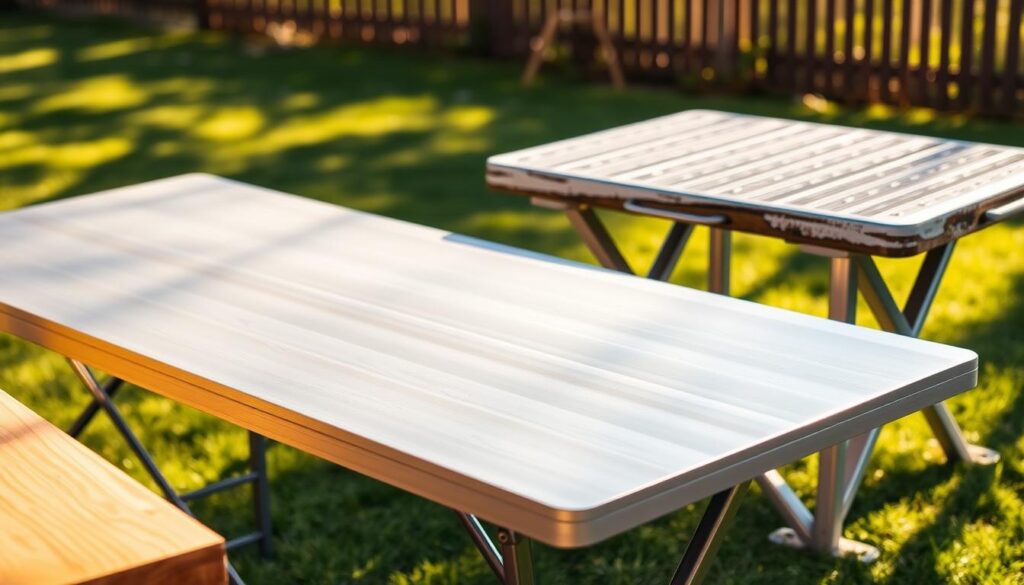
Weight vs. Durability Trade-offs
When choosing a lightweight foldable table, there’s often a trade-off between weight and durability. Lighter materials like aluminum might be easier to transport but may not be as sturdy as heavier materials like steel.
Consider your specific needs: if you’re backpacking to a remote campsite, a very lightweight table might be essential. For backyard gatherings, durability might be more important than weight.
Surface Finishes and Their Practical Benefits
The surface finish of your folding table can also impact its durability. A waterproof coating can protect the table from rain and spills, while a UV-resistant finish can prevent fading and degradation from sunlight exposure.
“A good surface finish can make a significant difference in the longevity of your outdoor furniture.”
By choosing a table with a durable surface finish, you can ensure that your durable materials withstand the elements and remain in good condition for years to come.
Budget Considerations When Selecting Outdoor Folding Tables
Selecting the right outdoor folding table involves balancing your needs with your budget constraints. When planning outdoor activities, whether it’s a backyard gathering, a camping trip, or a picnic, the cost of the folding table is an important consideration.
You need to consider not just the initial purchase price but also the long-term value the table provides. A more expensive table might be more durable and require less maintenance, potentially saving you money in the long run.
Price Ranges for Different Sizes and Materials
Folding tables come in a wide range of prices, depending on their size, material, and features. Here’s a breakdown of what you can expect to pay:
| Table Size | Material | Price Range |
|---|---|---|
| Small (2×2 feet) | Plastic | $20-$50 |
| Medium (4×2 feet) | Aluminum | $50-$100 |
| Large (6×3 feet) | Wood | $100-$250 |
As shown in the table, larger tables made from more durable materials like wood tend to be more expensive. However, they also offer more surface area and potentially greater durability.
Value Assessment: Durability vs. Cost
When assessing the value of a folding table, you need to consider both its durability and its cost. A cheaper table might save you money upfront but could need to be replaced more frequently, potentially costing more in the long run.
Key factors to consider:
- Material quality
- Construction sturdiness
- Weather resistance
- Maintenance requirements
By weighing these factors against the cost, you can make a more informed decision about which folding table offers the best value for your needs and budget.
Storage and Transportation Tips
To keep your space-saving folding table in good condition, follow these storage and transportation tips. Proper care ensures that your table remains functional and durable for many outdoor activities.
Space-Saving Storage Solutions
When not in use, storing your portable folding table in a dry, secure location is crucial. Consider the following storage solutions:
- Use wall-mounted brackets to hang your folding table, saving floor space.
- Store the table in a protective case or bag to shield it from dust and moisture.
- Utilize under-bed storage or overhead racks in your garage or storage room.
Vehicle Transportation Techniques
Transporting your compact folding table requires some planning to prevent damage. Here are some tips:
- Secure the table in your vehicle using straps or bungee cords to prevent shifting.
- Place the table in a protective cover to shield it from the elements and potential scratches.
- Position the table in a way that distributes its weight evenly, avoiding obstruction of the driver’s view.
Weather Protection and Maintenance
Protecting your space-saving folding table from harsh weather conditions is vital. Regularly inspect your table for signs of wear and tear, and apply a protective coating if necessary. Additionally, clean your table after each use to prevent dirt buildup.
By following these storage, transportation, and maintenance tips, you can extend the life of your folding table and ensure it remains a reliable companion for your outdoor adventures.
For a complete overview of styles, materials, and tips for outdoor setups, visit our ultimate guide to outdoor folding tables.
Conclusion
Choosing the right folding table size is crucial for a successful outdoor experience, whether you’re hosting a backyard BBQ, going camping, or attending an outdoor market. As discussed, the size of your folding table can significantly impact comfort, functionality, and overall enjoyment.
By considering factors such as available space, transportation, and storage, you can select a folding table that meets your needs. Understanding standard folding table sizes and measurements can help you make an informed decision. Whether you need a compact table for a small gathering or a larger one for a big event, there’s a folding table size that’s right for you.
When planning your outdoor activities, remember to assess your space requirements, consider the activities you’ll be doing, and choose a folding table that is durable and suitable for outdoor use. With the right folding table size, you’ll be well on your way to creating memorable outdoor experiences.

